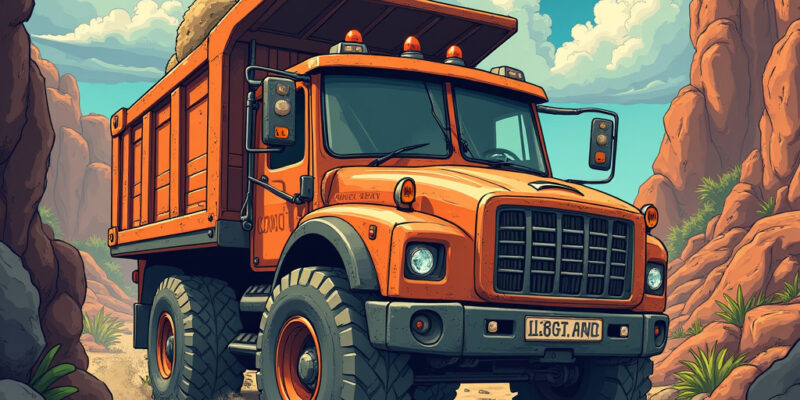Introduction
Every day, we generate a staggering amount of waste. From food scraps to broken appliances, much of what we discard ends up in landfills. But have you ever wondered what happens to all this waste? Welcome to the Kingdoms of the Dump, a unique realm where the discarded holds stories, potential, and even adventure.
Understanding Waste: The Basics
Before we dive into the fascinating world of dumps, it’s essential to understand what waste is. Waste is anything we no longer need or want, and it comes in various forms:
- Organic Waste: Food scraps, yard waste, and other biodegradable materials.
- Recyclable Waste: Paper, glass, metals, and certain plastics that can be processed and reused.
- Hazardous Waste: Batteries, chemicals, and other materials that can be harmful to the environment.
- General Waste: Non-recyclable items that end up in landfills.
The Life of a Landfill
Landfills are more than just mountains of trash; they are complex systems designed to manage waste safely. When waste enters a landfill, it undergoes a series of processes:
- Layering: Waste is compacted and layered to maximize space and minimize odors.
- Leachate Management: Liquid waste is collected and treated to prevent groundwater contamination.
- Gas Collection: Decomposing organic matter produces methane, a gas that can be captured and used as energy.
These processes help to minimize the environmental impact of landfills, but they also highlight the importance of reducing waste in the first place.
The Hidden Treasures of Dumps
Though dumps are often viewed negatively, they can also be seen as treasure troves. Many valuable materials can be recovered from waste, including:
- Metals: Aluminum cans and copper wiring can be recycled and repurposed.
- Compost: Organic waste can be transformed into nutrient-rich compost for gardening.
- Furniture and Appliances: Many discarded items can be repaired or refurbished.
Innovative recycling and upcycling initiatives have emerged, turning waste into artistic and practical creations, showcasing the potential of what we often overlook.
The Environmental Impact
Landfills can pose significant environmental challenges. They contribute to pollution, greenhouse gas emissions, and the depletion of natural resources. Here are a few key points to consider:
- Greenhouse Gas Emissions: Methane released from decomposing organic waste is a potent greenhouse gas.
- Soil and Water Contamination: Improperly managed landfills can leak harmful substances into the soil and groundwater.
- Loss of Resources: By sending waste to landfills instead of recycling, we lose valuable materials that could be reused.
Understanding these impacts highlights the importance of reducing, reusing, and recycling.
Reducing Waste: What Can You Do?
Everyone can play a role in reducing waste. Here are some simple steps you can take:
- Practice Mindful Consumption: Before buying, consider if you really need an item.
- Recycle: Familiarize yourself with your local recycling guidelines and do your part.
- Compost: Start composting food scraps and yard waste to reduce organic waste.
- Support Reusable Products: Choose reusable bags, bottles, and containers over single-use items.
Every small action counts and contributes to a healthier planet.
Conclusion
The Kingdoms of the Dump may seem like a dark and uninviting place, but they are also full of potential and opportunity. By understanding waste management and the importance of recycling, we can transform our approach to consumption and waste. Together, we can create a cleaner, greener world, turning the challenges of today into the treasures of tomorrow.




